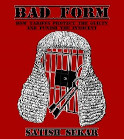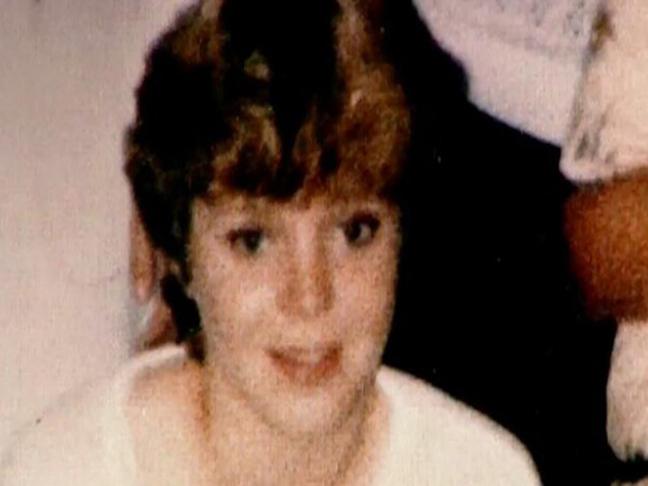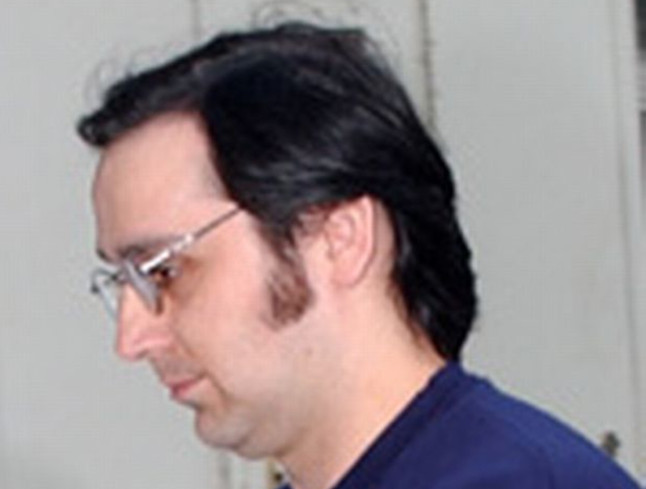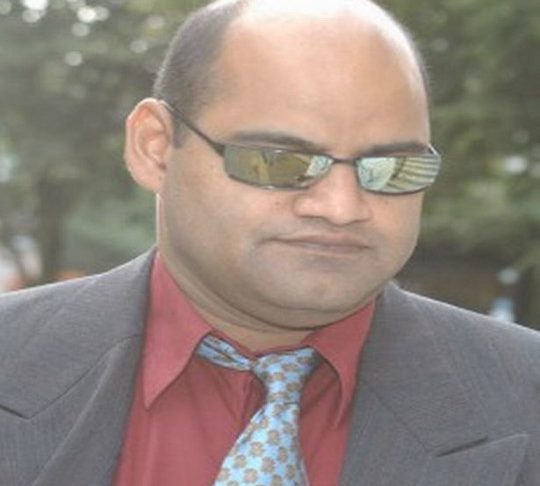
Introduction – The Need for Lynette’s Law [1]
March 12, 2025
The Tariff Fiasco
March 14, 2025By Satish Sekar © Satish Sekar (March 3rd 2025)
The Final Insult
Six months ago, the Parole Board chose to release Jeffrey Gafoor, the real murderer of Lynette White – she had been the victim of what was then the most brutal knife-killing in Welsh history in the early hours of St Valentine’s Day 1988. His release was the culmination of a series of gross failures that plagued this ill-fated inquiry for over three decades.
The conduct of the criminal justice system, judiciary, politicians and the Parole Board demonstrated that some victims are more important than others. Lynette had been a sex-worker – I mention this because her murder was a grotesque sexually-motivated killing that resulted in a preventable and notorious miscarriage of justice that robbed five innocent men of a total of 16 years of their lives. None of the five were angels either – they never claimed to be – yet they found their victimhood undervalued also.
Gafoor has been freed after serving less – slightly under 22 years imprisonment – than an amended starting point that was not available when he was tried. Just carrying a weapon that could be used in such a crime (and was) now carries a 25-year starting point just for that, regardless of the appalling facts of the crime – the gross brutality of her murder and allowing the innocent to have their lives ruined for his crime.
It is strange – astonishing, even – that stabbing murders was not included in tariff law from the start. This glaring omission rewarded brutal, sadistic killers. Gafoor was one of those who benefitted from this oversight.

Grossly Inadequate
Incredibly, the tariff – minimum that had to be served before release on parole could be considered – of just 13 years was one of the lowest for a crime of this magnitude. It was even two years shy of the shortest starting point for such a crime. Of all similar crimes or even less brutal, it was the only one that the judge, Mr Justice Royce, failed to impose the minimum starting point required by the law.
However, the Crown Prosecution Service (CPS) claimed that there were no grounds to appeal against the undue leniency of the tariff. Plainly, there were, or Schedule 21 of the Criminal Justice Act (2003) was not worth the paper it was written on.
Despite several amendments to Schedule 21, now incorporated in the Sentencing Act (2020), this anomaly has not been addressed. Nor has the failure of judges in vindication cases to treat real killers allowing the innocent to suffer wrongful accusation or conviction for their crimes as an aggravating factor been required by law.
Judges have always had the power to do so, but have persistently refused to do it. Their failure to do so in every vindication case apart from arguably the Lynette White Inquiry, where it was plainly done in a very inadequate manner – judges can apply any amount they like for any aggravating factor that was not used to set the starting point, but Royce wrongly thought he was limited to just a third of the 15-year starting point that he had not applied – has meant that what should be seen as a very serious aggravating factor that is reflected in that tariff does not happen. He was wrong, as Schedule 21 makes clear, but his error meant that he had to cram the brutality of the crime into that period for Gafoor’s crime. Meanwhile, other judges in vindication cases offered lip service to the ordeals of the innocent, but their actions in setting the tariffs told a very different story.
Insults and Injuries
Adding insult to injury, Royce did not even apply the full amount of that he thought he was allowed as aggravating factors. This meant that Gafoor qualified to begin the parole process after just 13 years in jail.
Former Detective Chief Superintendent, Kevin O’Neill, led the investigation that brought Gafoor to justice. When told of the change in Schedule 21 allowing judges to impose a higher starting point for carrying a knife than Gafoor actually served, he was incredulous.
It only required one word to express his opinion. “Wow,” he said.
It is an area of law that was not subject to much thought years ago, but that is changing – sadly too late for the numerous victims of this case and others too.

“I think the punishment of Lynette’s killer, Gafoor, appears extremely lenient,” O’Neill told me. “I think the concerns are that a tariff was put in place, and certainly the process of making a tariff decision back in 2003 wasn’t as well-known as it is now. In fact, I’ve got to be honest; from my perspective, I wasn’t well aware of the tariff. I knew he’d been sentenced to life as I saw it, but it wasn’t something that resonated with me.
There’s a real context about it today and that’s the difference. Today, people are imposing tariffs and they are advertised. They are mentioned in the media afterwards.”
Victim-centric?
It is often said that our criminal justice system focuses on victims. Really? O’Neill is unconvinced.
“I’m disappointed that really at the end of this case, I believe that they [the Parole Board] were very keen to release Gafoor no matter what the context – no matter what other people said,” O’Neill said.
“I think they would have found it very difficult in an open court and those people who have been affected, the victims – I use that broad context – gave their evidence. I think it would have been a very, very difficult decision to make in the right light of the media and public interest.”
The Cardiff Five and their families never had the opportunity to have their say either regarding the tariff that Gafoor would have to serve, or for parole. Instead, the Parole Board point out that it is the Probation Service’s job to compile that evidence, but it requires victims who don’t know the process and were never informed of it to approach representatives of a system that had wronged them grievously to have their say.
To date, none have been given the courtesy of having their say at any of Gafoor’s parole applications.
Either the system does not recognise these people as victims, or it does not care. Which is it?



